I don’t hate straight people, just the way some make me feel. Like a goldfish in a glass bowl. Exposed. So, you put your pronouns into your bio. You have a few gay friends. You paint yourself rainbow for your annual Instagram pride post. Great, it’s a start. Does it make you an ally? Not necessarily. To be a safe space, you need to actively challenge your own pre-formed prejudices. I’m here to help you to learn how to be an ally that makes a difference.
Firstly, intrusive questions aren’t acceptable. Some queer people don’t have the patience, nor the energy. They don’t owe you it. Jane, a lesbian who’s been out for decades told me “The language people use matters. That asking questions of queer people is ok if you’re on good terms with them and it’s appropriate, but honestly google will turn up results and you can use books instead of giving people a grilling.” Our coming-out stories especially can be personal, and do not forget ongoing. It feels like every day we must clarify our identities, exhausting!
Queer people are often accused of being too sensitive. There have been hundreds of years of discrimination towards, and evidence of, the LGBTQIA+ community’s presence here in the UK. Written in 1533, the Buggery Act was the first to outlaw homosexual activity. In 1885, the Criminal Law Amendment Act was passed, which sent (Irish playwright and poet) Oscar Wilde (writer of The Picture of Dorian Gray) to prison.
A Xaverian student shared his experience with homophobia: “Me and my ex literally couldn’t walk down the street holding hands, show any affection to each other wherever we went (especially in school), or even act like we were together for fear of being stabbed. It was honestly scary, people just did not like the idea of two men going out. It became so normalized that people I thought were my friends would still make remarks that made me uncomfortable, even if I knew that it wasn’t on purpose.”
Parliament discussed banning female homosexuality in 1921. They didn’t, but only because they were petrified that it would “raise awareness of lesbianism” (as if that would tempt the public to practice it). This unfortunately still didn’t stop queer women from facing public discrimination. Jane shared one story with me: “I was with my girlfriend (now wife). This huge, muscly guy wanted to attack me. He was using homophobic slurs, and today I think I would have reported it as a hate crime. Nobody aside from his girlfriend was doing anything so we ended up getting off the bus several stops early, walking the rest of the way in the dark.”
In 1946, Michael Dillon (a trans man) published his book: Self: A Study in Endocrinology. Funny how they supposedly didn’t exist in “your day”, huh? Of course, our history spans over more than a handful of centuries, as well as more than just the UK, but that is so often forgotten. In a way, we’ve earned the right to be offended, after all this time. We shouldn’t have to only survive; we deserve to thrive.
Have you ever been treated differently because of your sexuality? Jane shared: “I remember feeling ‘other’, like I wasn’t welcome, and I actively avoided areas where people might be confrontational towards me/us. People felt more emboldened to tell you what they think about you in public 20 years ago. We never would have reported harassment or hate crimes, it felt like people could say what they wanted to queer people. I think most things have got easier the older, more confident I’ve got, and as society has become more accepting.”
So, how can we move forward together? Jane says: “Don’t ask about body parts or sex unless you’re intimate with someone. Be sensitive to pronouns and gender identities, you’re never too old to learn, and if you make a mistake, apologise and move on, try harder next time. All people regardless of sexuality, gender, culture or anything else want the same things- to be safe, to be loved, to have somewhere safe to live, and a family life. We have more in common, than sets us apart.”
The average LGBT+ person will likely feel uncomfortable pulling peers up on potentially discriminative comments. If you’re able to do so, amplify their voices. Have discussions on boundaries, research online, and try to consume TV shows, books, podcasts, etc made by/starring LGBT+ people. A personal recommendation from is Pose, available to watch on Disney+. It’s a TV show centered around the gay/trans community, the AIDS crisis, and capitalism- set in 1980s-90s New York.
Going to protests and parades can sometimes seem daunting, but making small steps in the right direction is vital. You’ll always face harsher criticism for continuing to be uninformed than for past errors you’re trying to make up for.
Bibliography: bl.uk/lgbtq-histories/articles/a-short-history-of-lgbt-rights-in-the-uk
Our Xavs Talks section will give students the opportunity to express their own personal opinions. These might be expressed with passion but we will still treat the issue with respect.


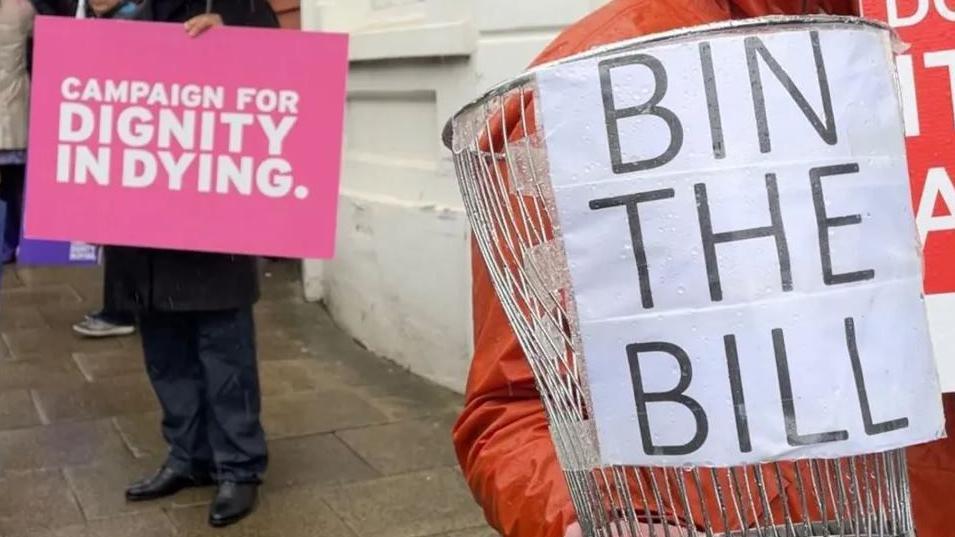
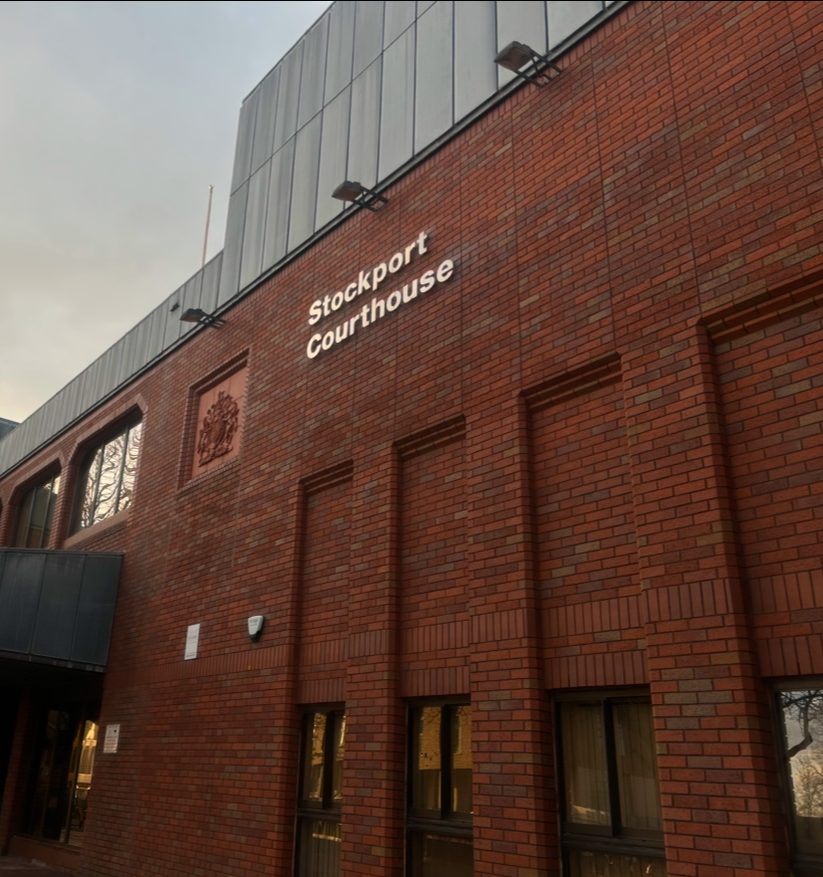
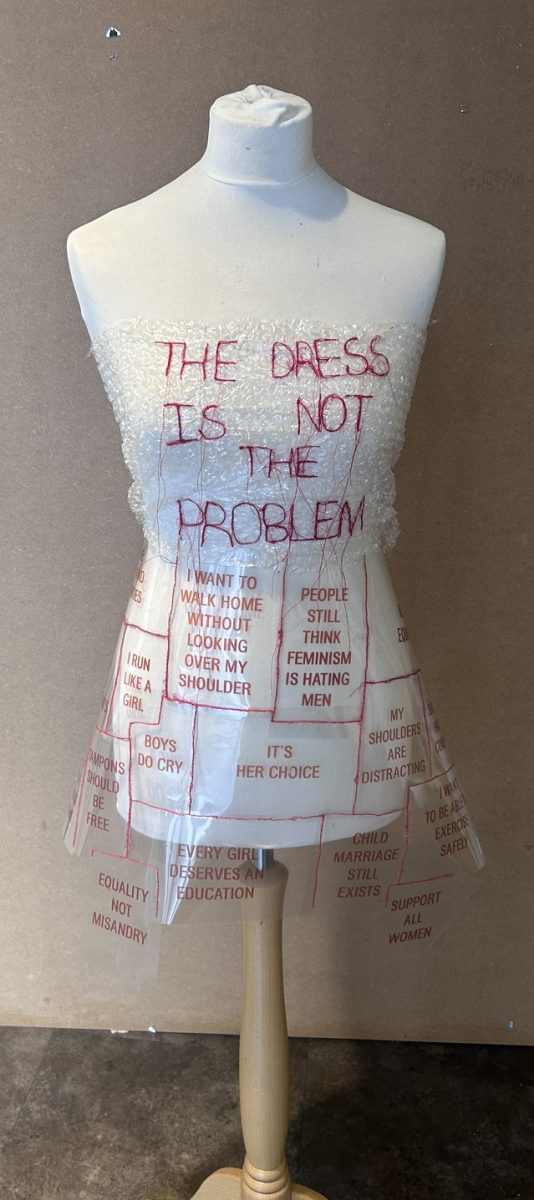
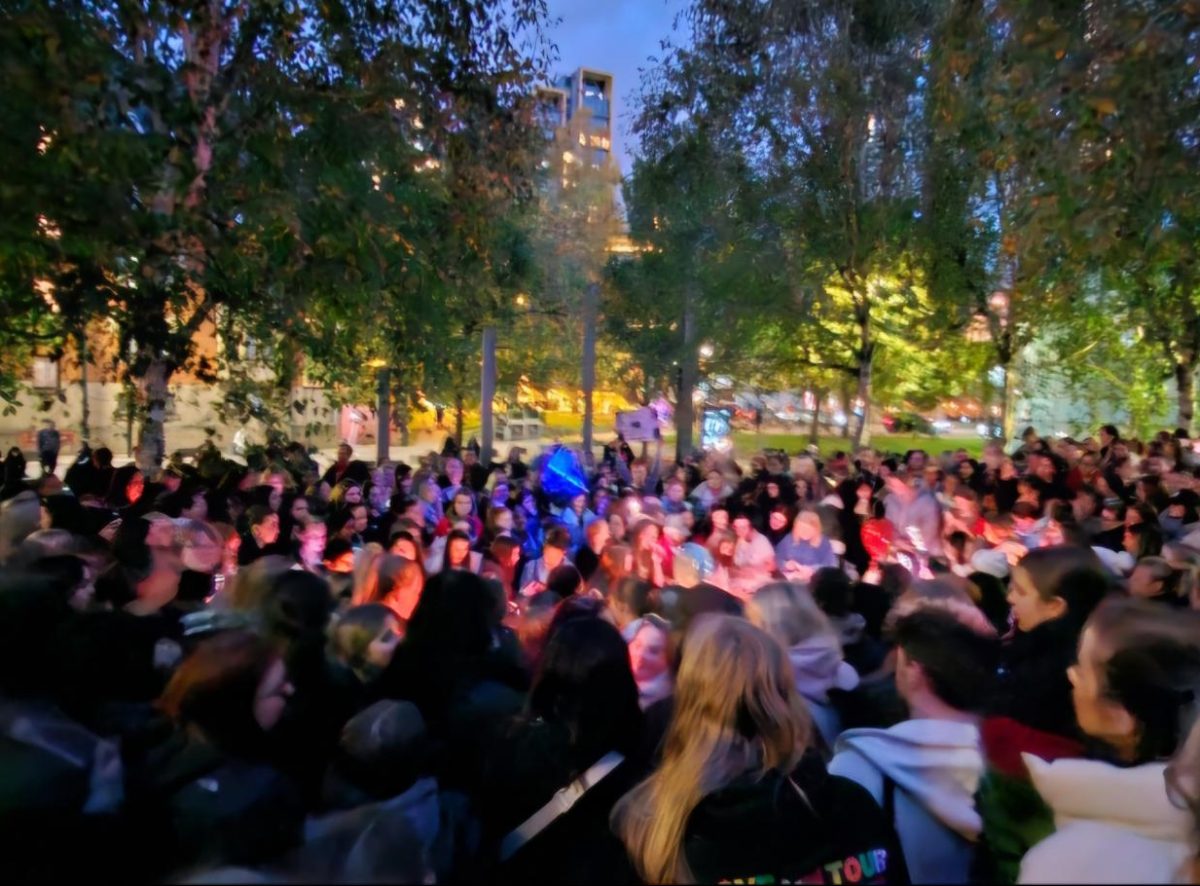
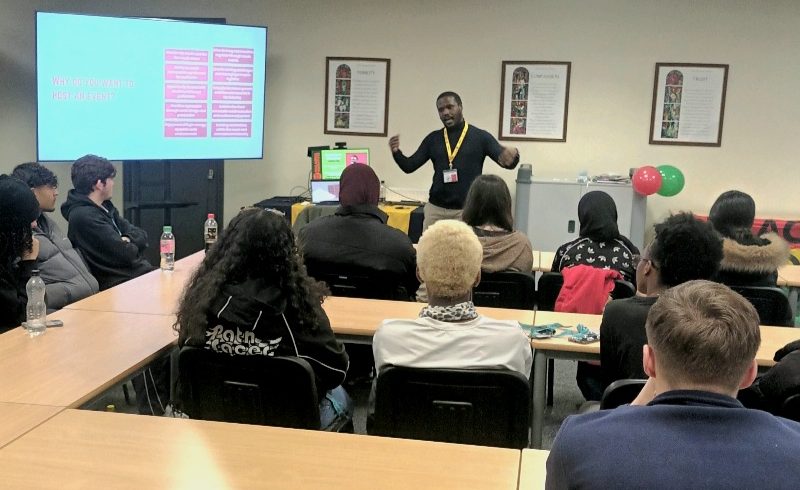
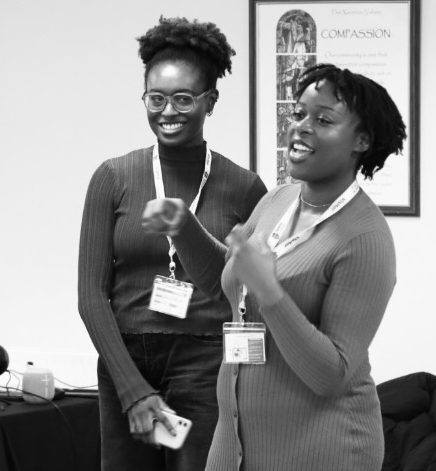
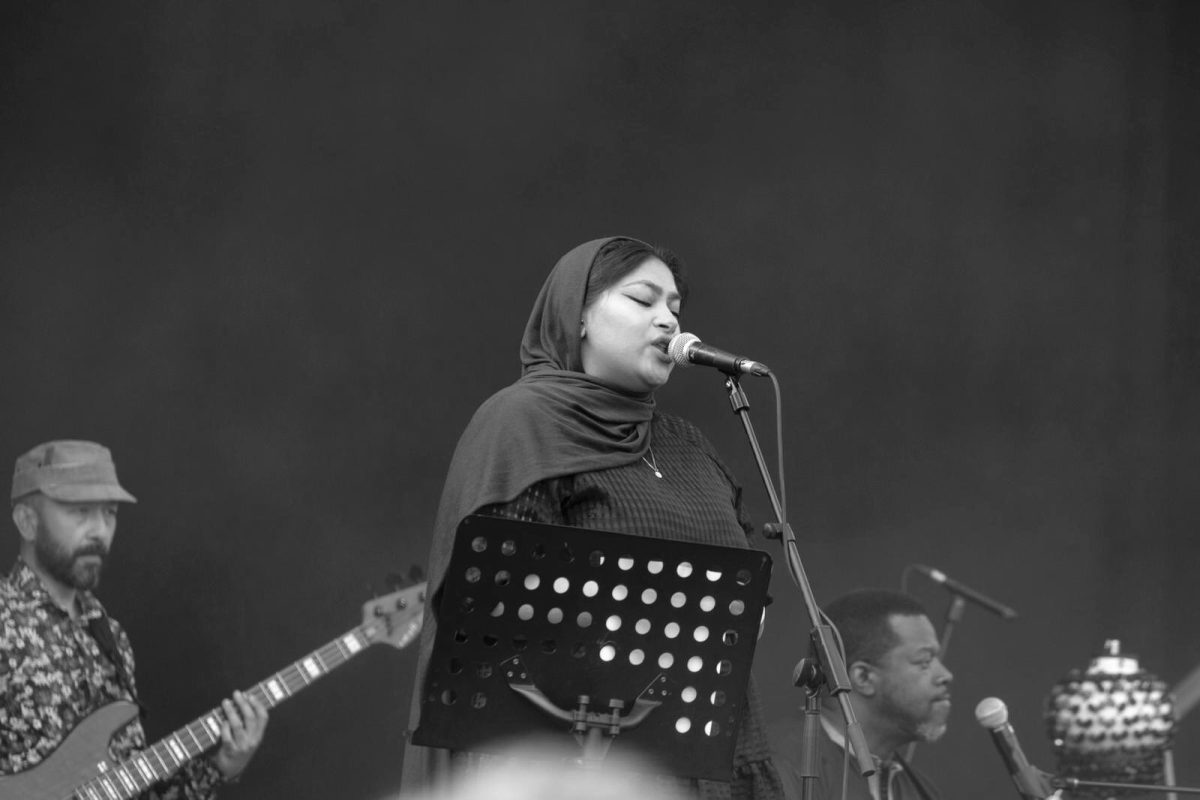

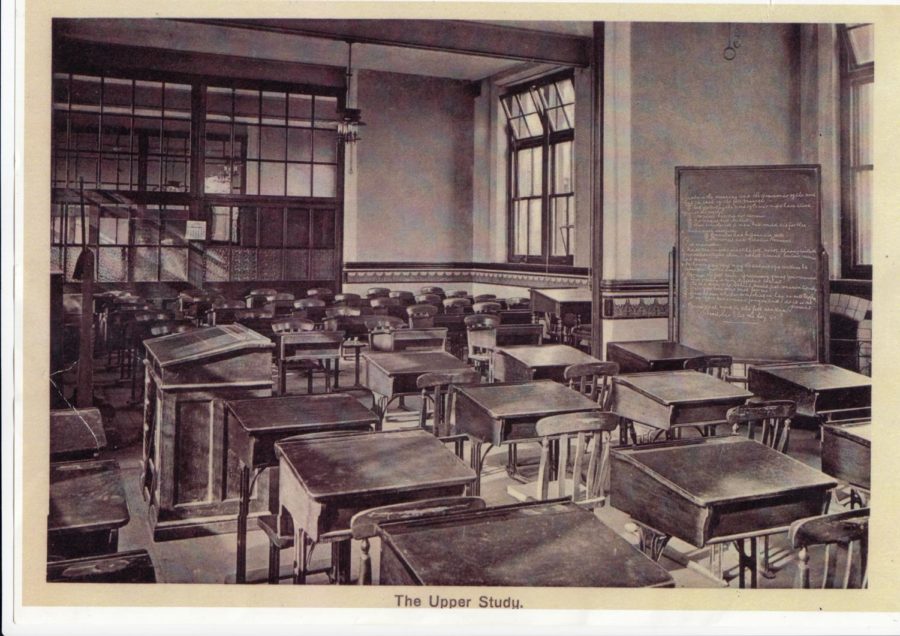
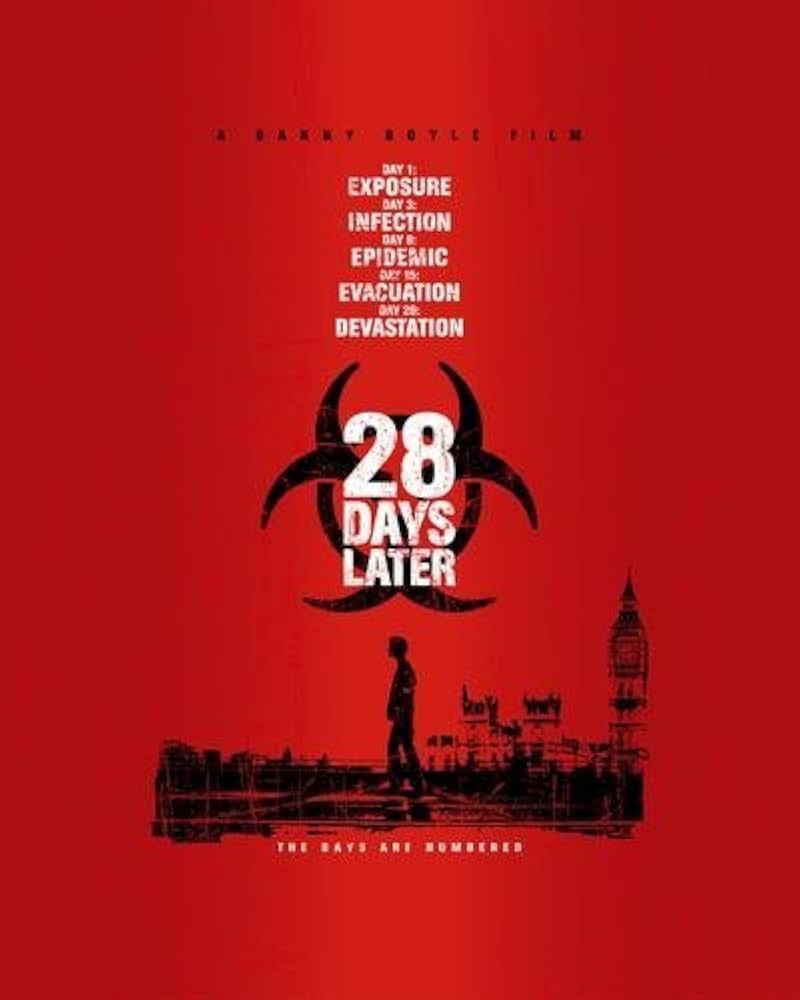
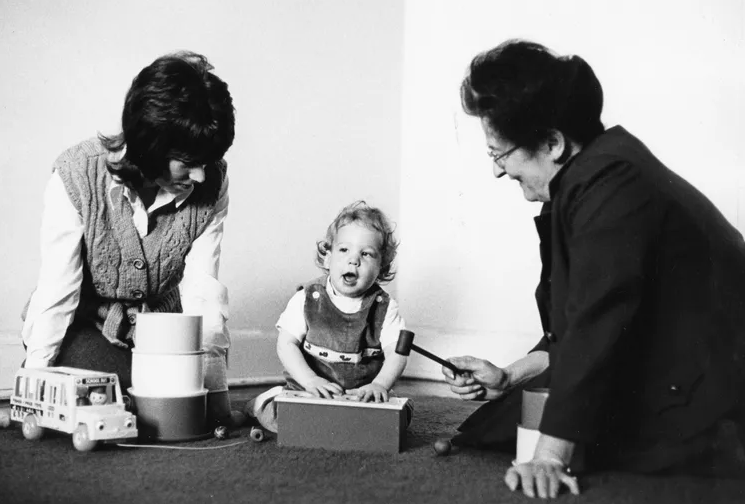

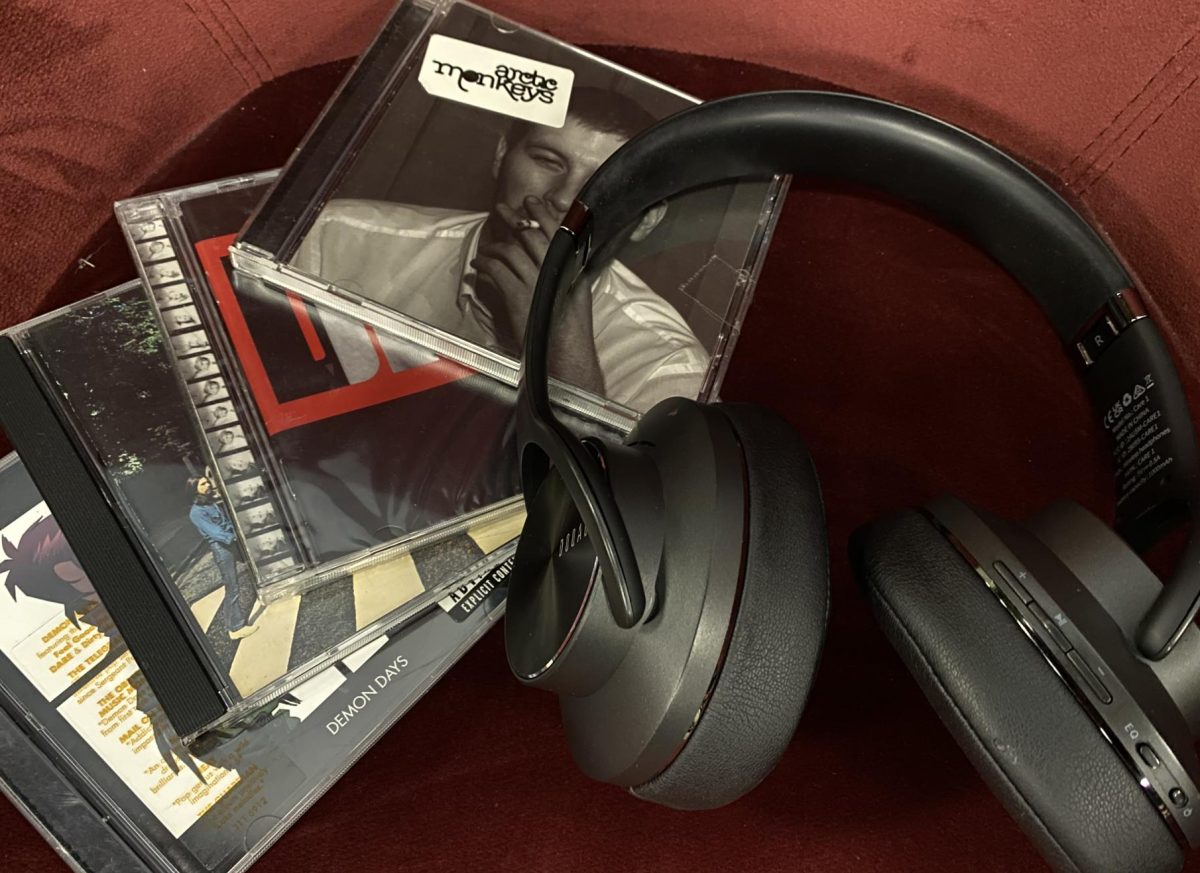

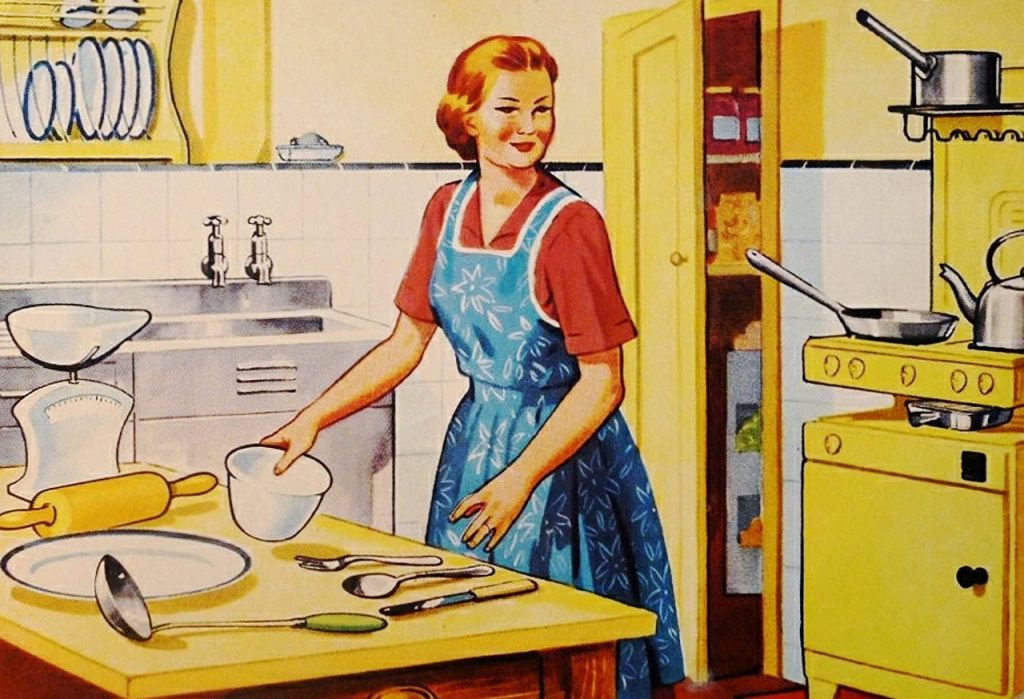
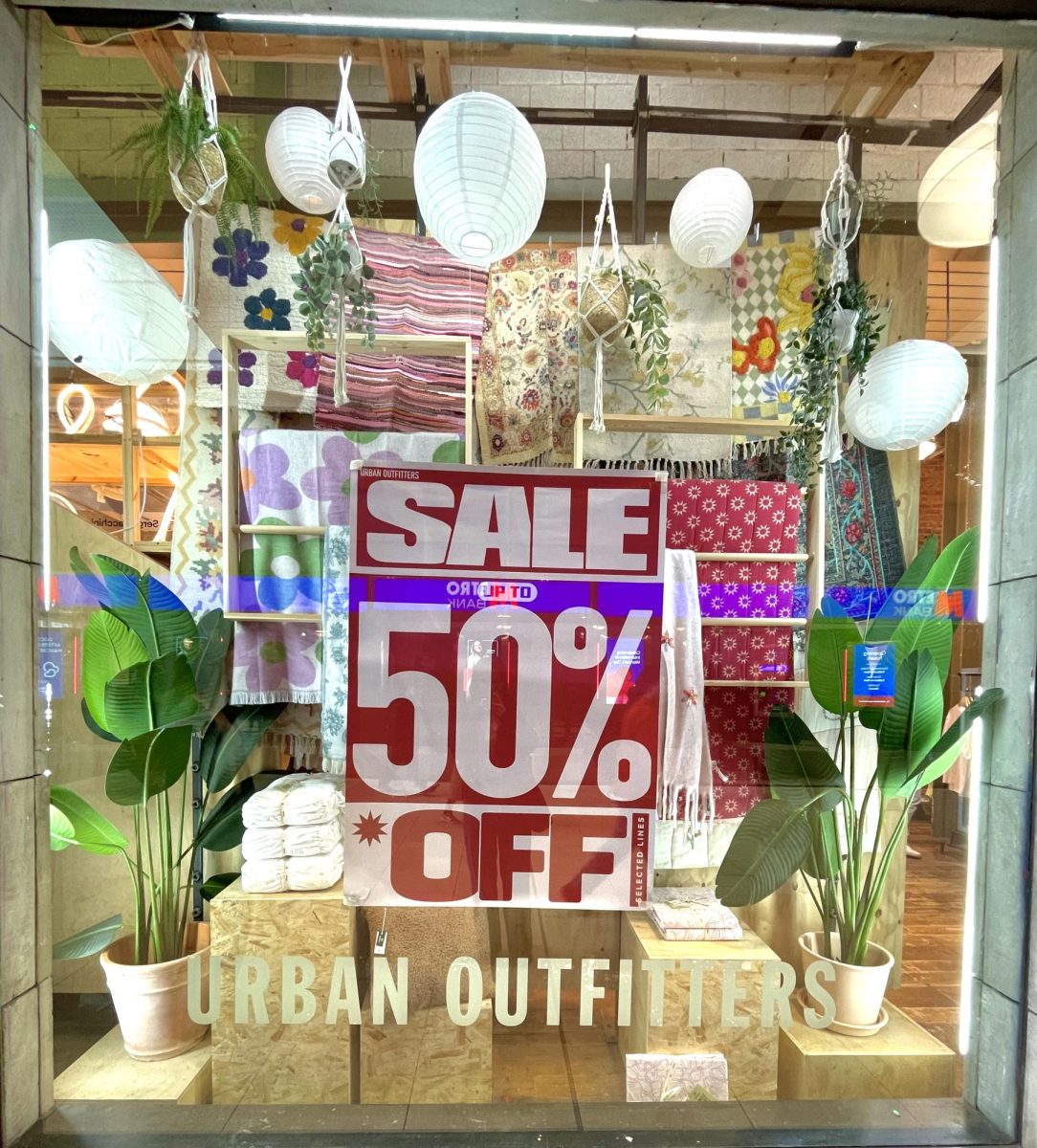

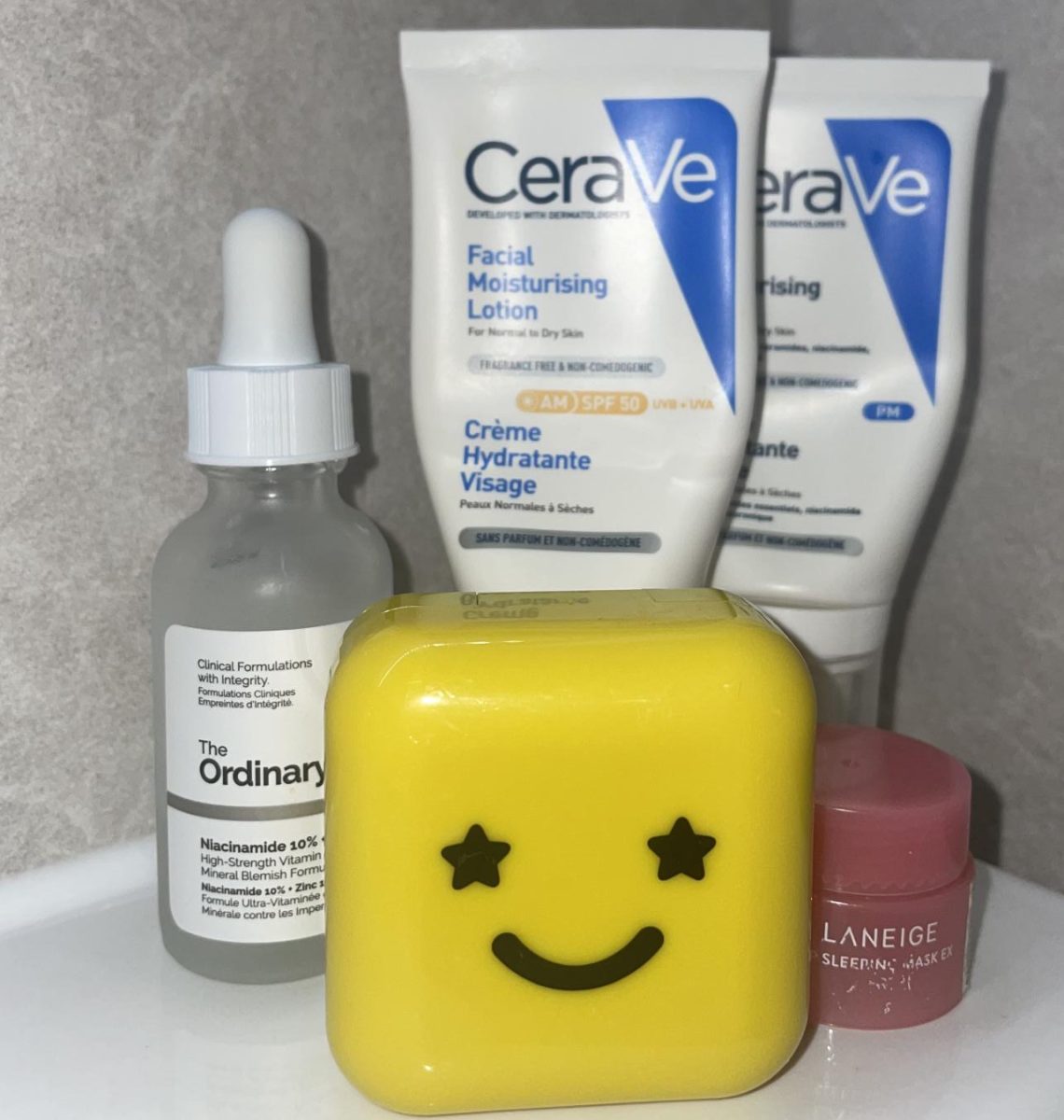
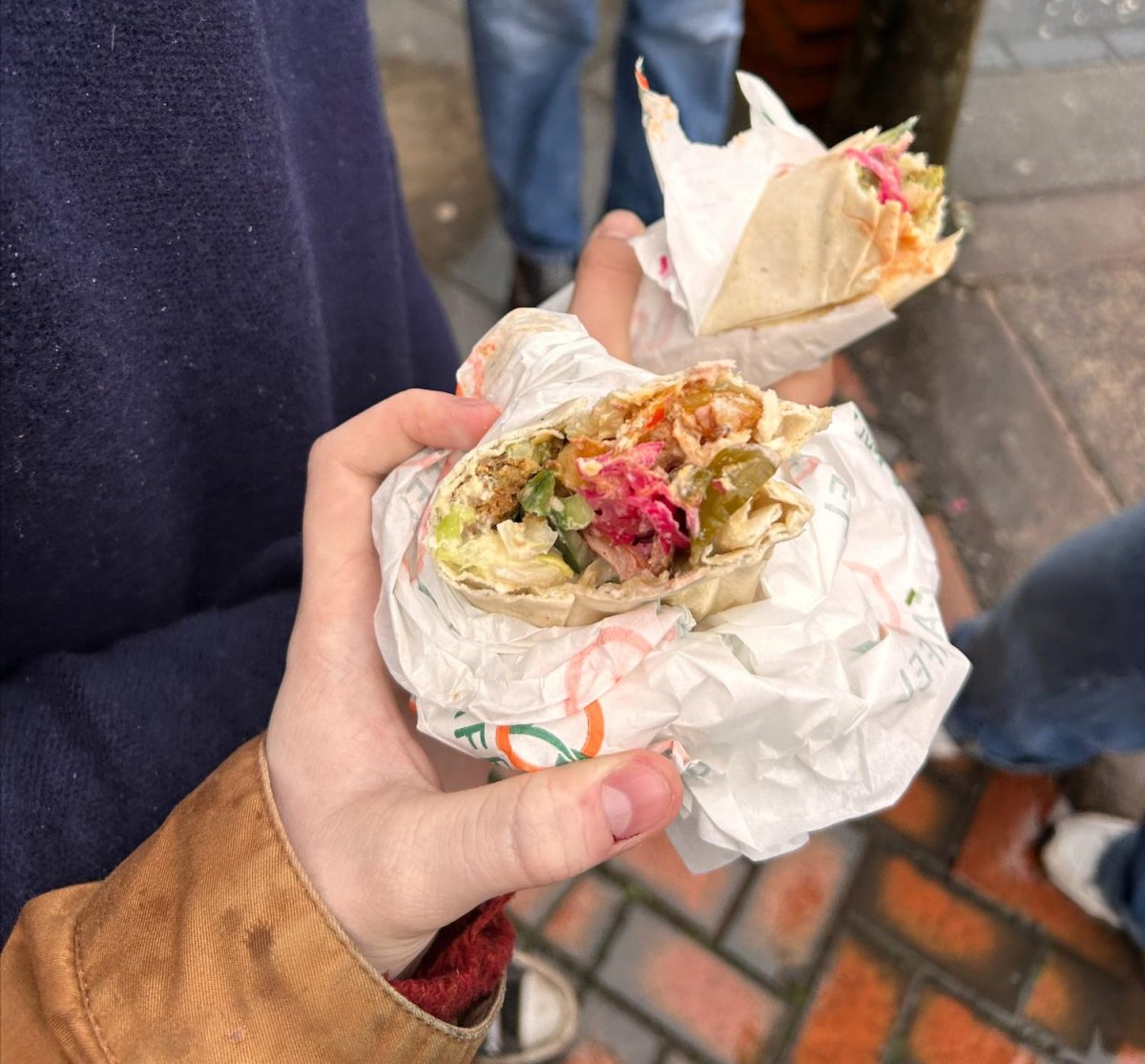

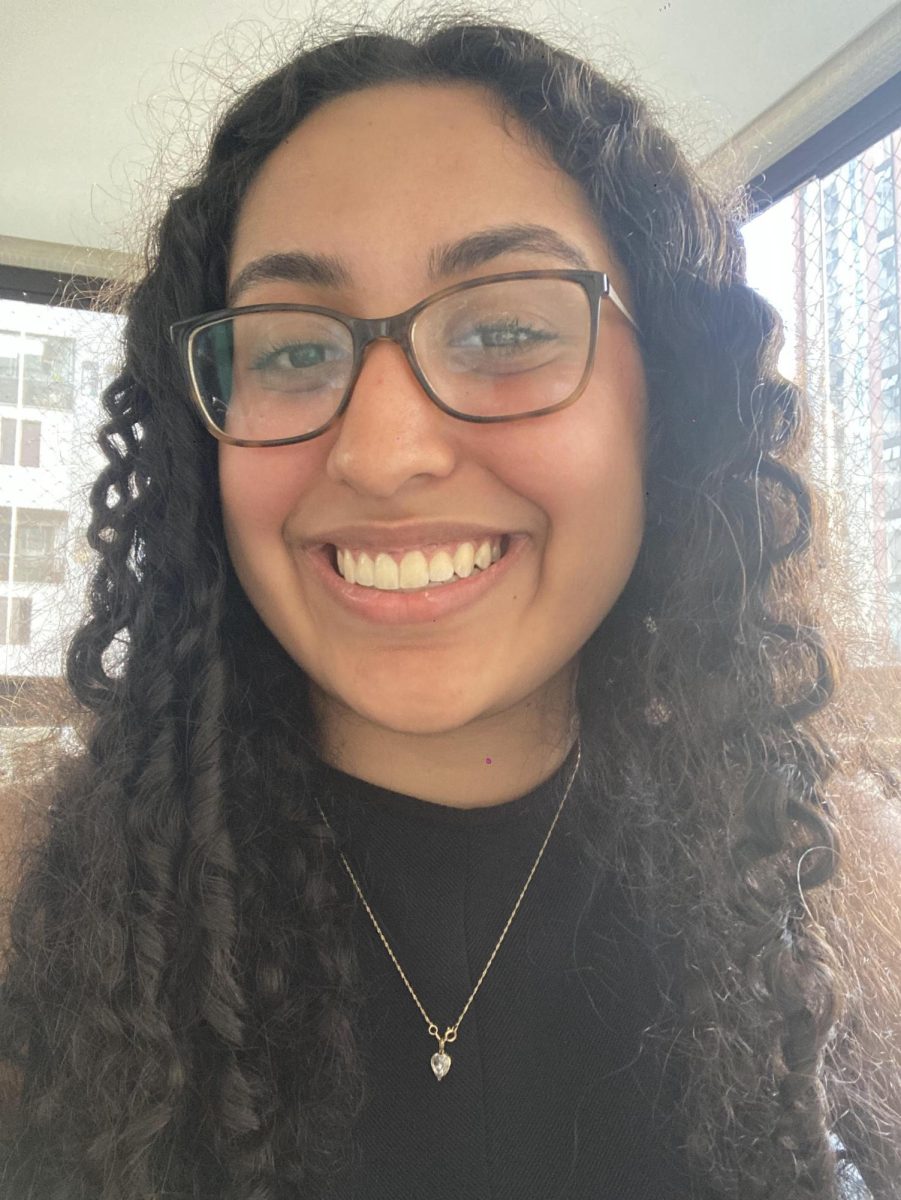

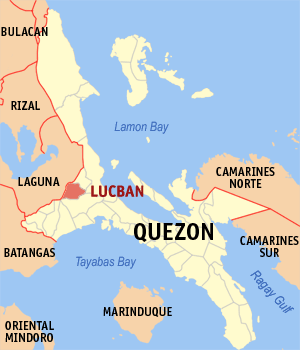


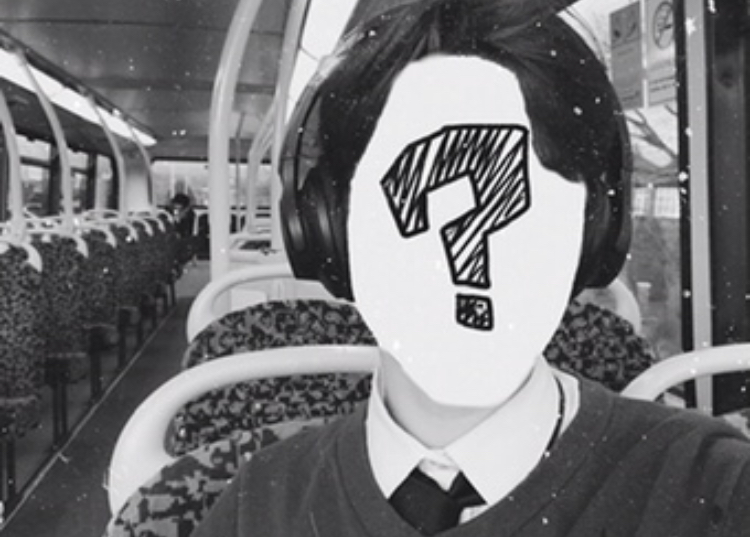
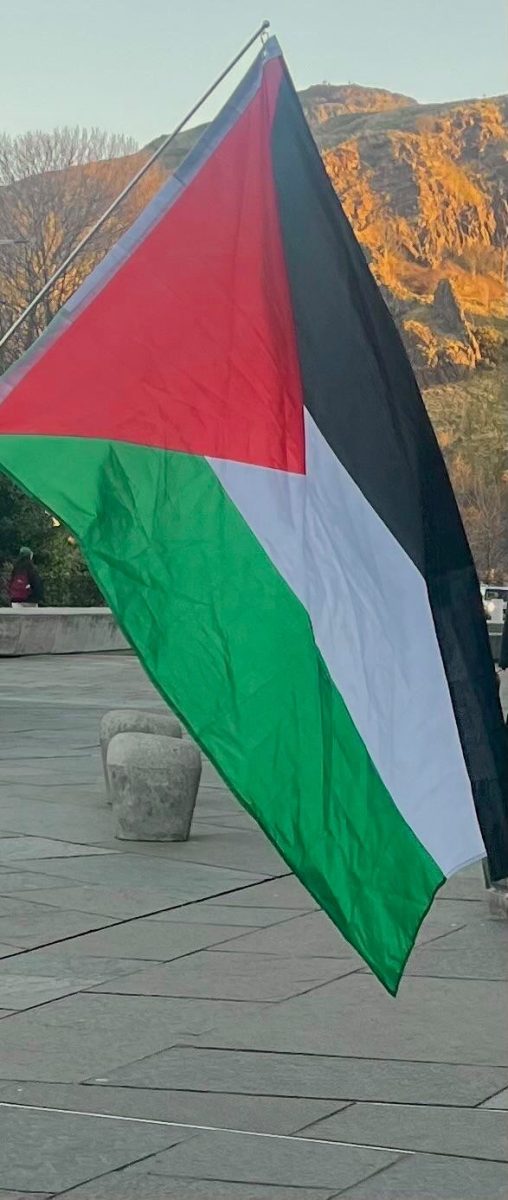


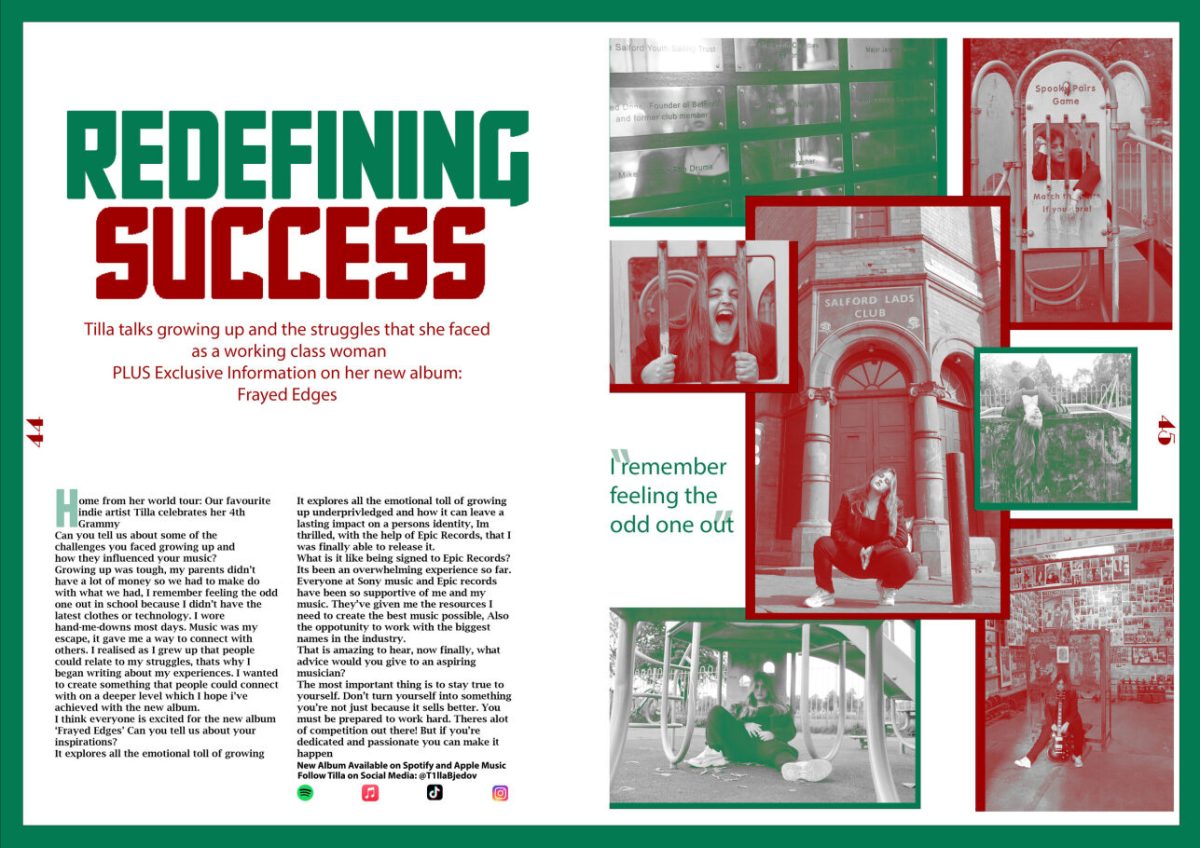

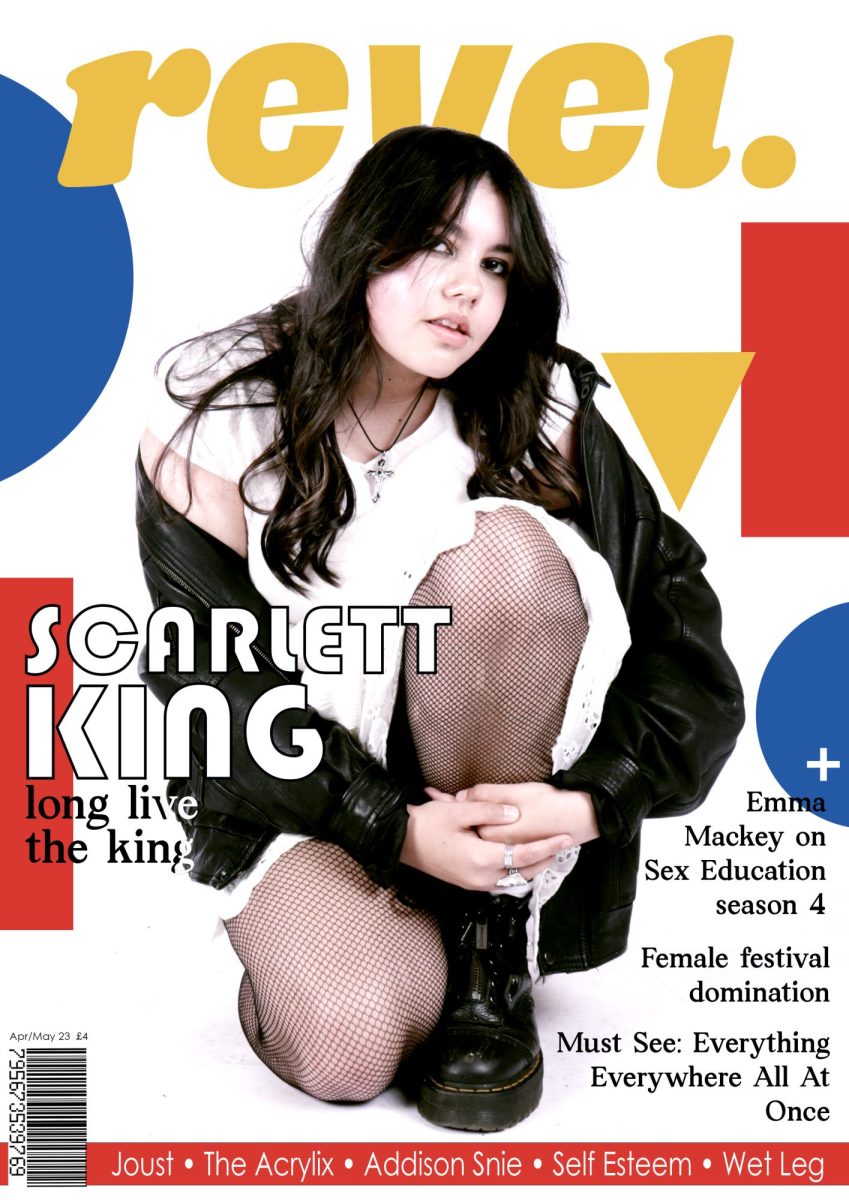
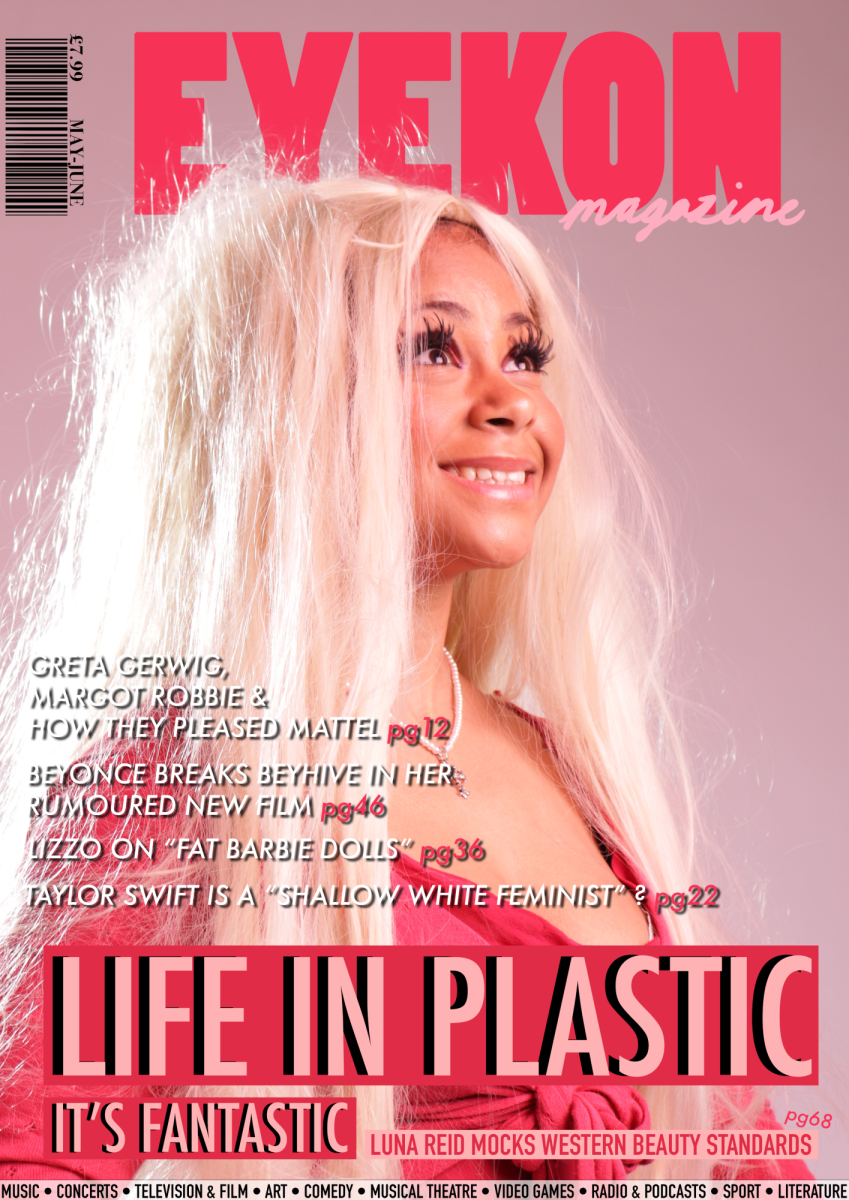
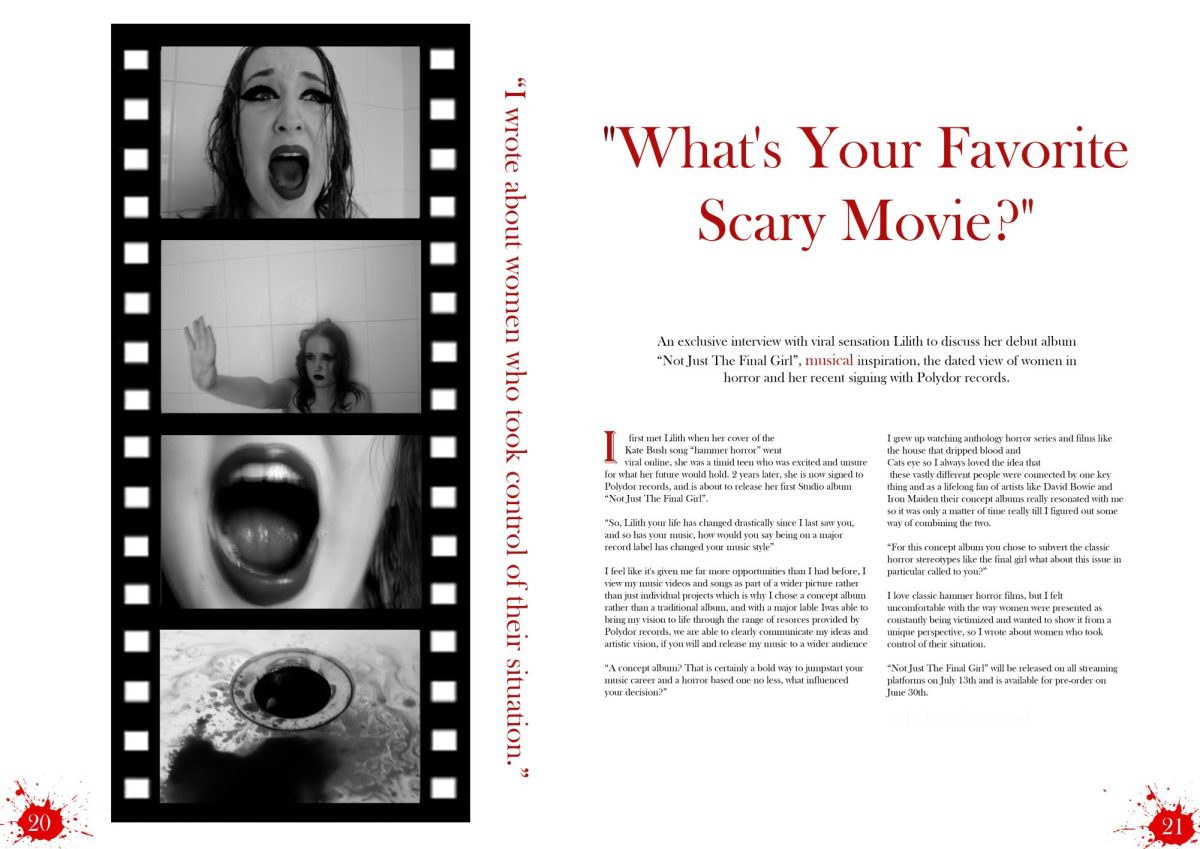

Miss Mackintosh • Jan 26, 2024 at 7:17 am
Such a well thought through article – a great read!
Egroeg • Jan 12, 2024 at 6:36 am
Best article I’ve ever read! Absolutely moving and beautiful. Five stars
Phil Greenham • Jan 11, 2024 at 8:45 am
Brill, clear, concise article thank you. Shame sometimes human beings take a lifeline to learn and we don’t share and grow better from learning from each. Of course the LGBTQ+ community with all its diverse energetic identity is vital and matters! Plus we are all part of the wider community -human kind, Thank you for the reflections and reminder.
Gayle Harari • Jan 11, 2024 at 8:17 am
Interesting we’re still have these debates.
KBooth • Jan 11, 2024 at 7:29 am
This is so informative and well written!